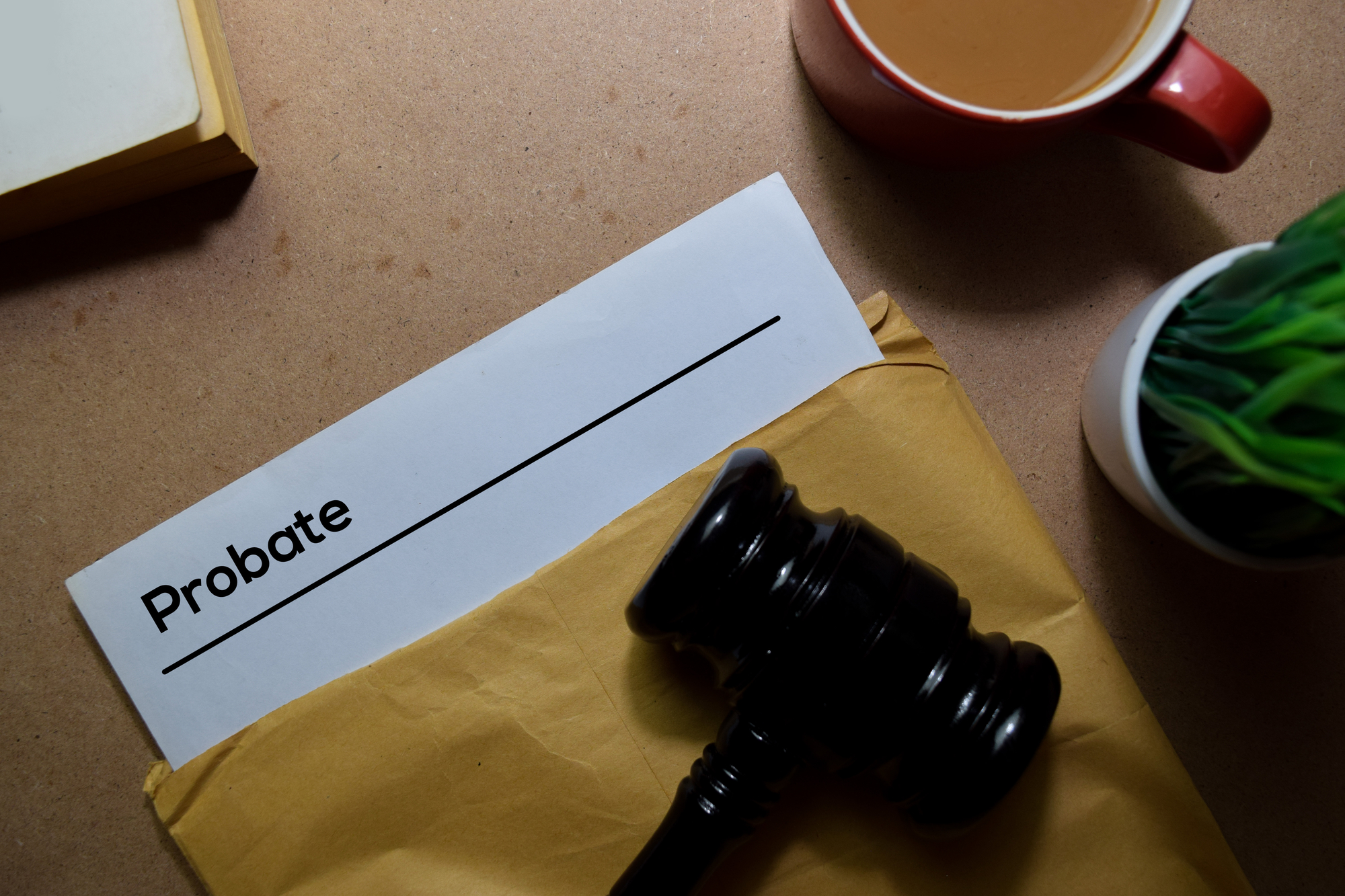Probate Lawyer
The easiest way to understand probate is to view it as a legal process of handling your estate after you have passed away. During this legal process, the court will distribute your assets to proper heirs. Probate is going to run smoother if you have a will and living trust that outlines what your wishes are. An estate plan can help as it lists your beneficiaries and who you have chosen as an executor. Your executor is someone who will be in charge of overseeing and handling your final wishes. If you have prepared an estate plan already, then be sure to update it as life circumstances change. But if you have yet to devise an estate plan, now is the time to start.
Probate is the court-supervised process that authenticates a will, if one has been written, and approves who you have chosen as executor so that they can distribute your assets and belongings. Throughout the probate process, your assets will need to be located and valued. After that is done, all debts and taxes must be paid and the remaining value for your estate is distributed accordingly. And in situations where there is no will, meaning the estate is intestate, the process will become more complex than that. Because there is no paperwork that states what your final wishes are, it will be up to the court system to handle these decisions for you. The following will have to go through probate, whether you have an estate plan or not:
- Non-Titled Property: Any non-titled property is what you own that does not have paperwork for it, such as household items like clothing, furniture, appliances, and other general items.
- Predeceased Beneficiary: If a beneficiary that was named in the estate plan dies before you do, and you do not update it, then the court will have to get involved and decide how to settle this for you.
- Partner-Owned Property: Properties that are listed with tenants in common and when there are no instructions in the will, the probate court will determine how this share should be distributed. If your will makes your preferences clearly known, then the process is much simpler.
- Sole Ownership Property: Property that is solely in your name will undergo probate to assess ownership. You can prevent this by including a payable on death or transfer on death account to a deed or title.
Unless you have properly planned ahead of time, then your estate is likely to go through the probate process. If you are interested in avoiding probate, then you’ll have to have a solid estate plan established. The more planning that you do ahead of time, the easier it will be for your closest loved ones after you have passed on. To lessen the stress and burden of probate, or avoid it entirely, is by creating a trust. The assets that you placed into a trust will bypass probate altogether. It’s easier to understand what probate is if you view it as a process that ensures that the proper beneficiaries receive assets from the estate. It is up to the courts to appoint a person to represent your estate, who will then handle all of the tasks that an executor would have if you had appointed one in your estate plan.

